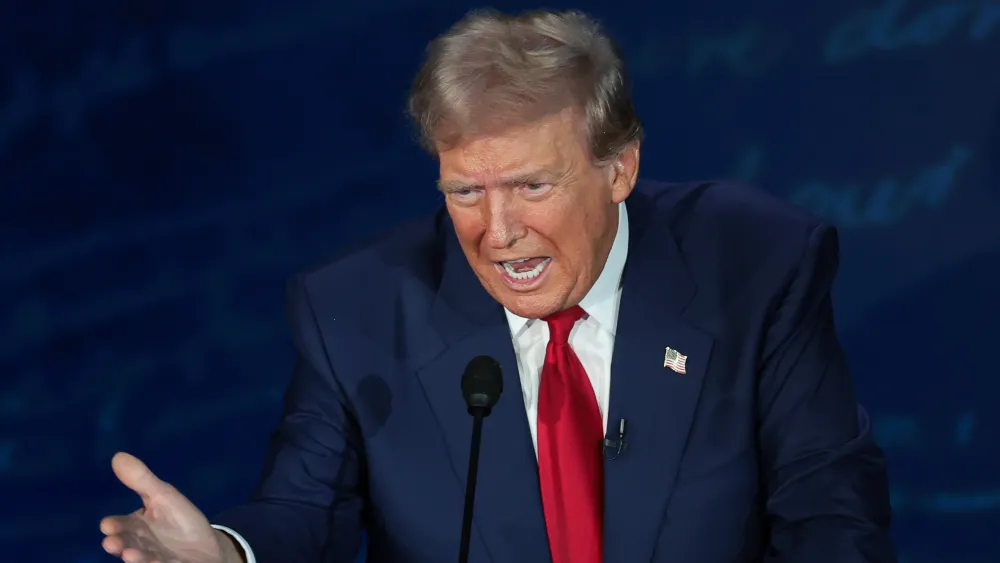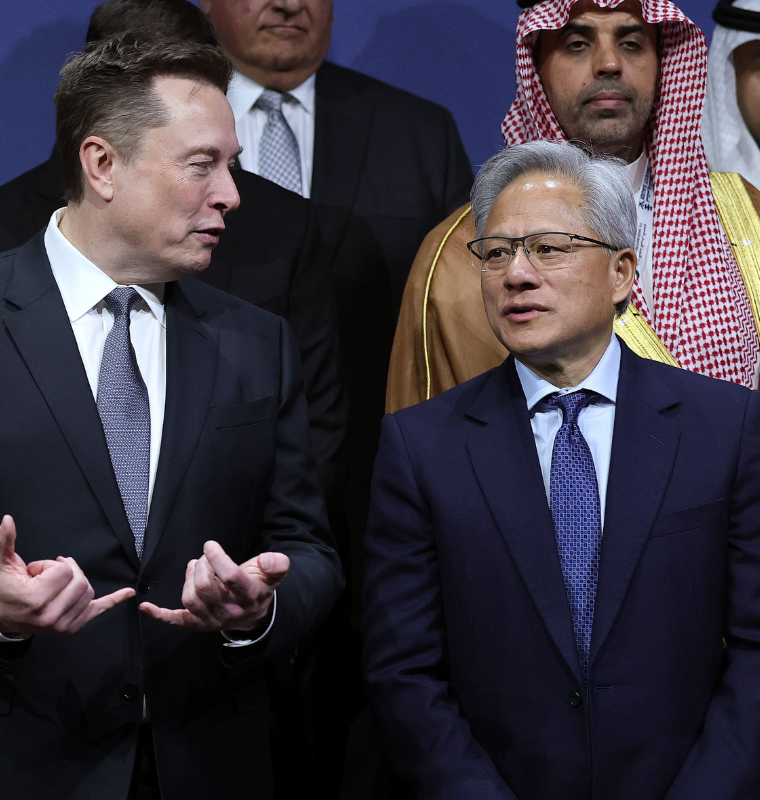Trump Pushes for ABC’s Broadcast License to Be Revoked
Trump Pushes for ABC’s Broadcast License to Be Revoked
By
David Goldfarb
Last updated:
November 19, 2025
First Published:
November 19, 2025

Getty Images
Former President Donald Trump has intensified his long-running feud with major media outlets, this time calling for ABC’s broadcast license to be taken away after a tense exchange with ABC News chief White House correspondent Mary Bruce. The confrontation unfolded in the Oval Office during Trump’s meeting with Saudi Arabia’s Crown Prince Mohammed bin Salman. Bruce pressed the former president on why he has not ordered the release of Jeffrey Epstein’s full records a step he has the authority to take without congressional action.
The moment escalated quickly as Trump criticized Bruce’s “attitude,” labeled her a “terrible reporter,” and refused to answer further questions. He accused ABC of spreading false information and claimed the network was one of the “perpetrators” of what he described as the “Epstein hoax.” His remarks renewed attention on the broader conversation surrounding broadcast regulation, political pressure on media outlets, and the government's power over licensing.
The exchange came at a pivotal time. Just shortly after the Oval Office incident, the House of Representatives voted overwhelmingly in favor of a bill that would force the Department of Justice to release all documents tied to Jeffrey Epstein. The DOJ has repeatedly resisted full disclosure despite prior assurances from figures within Trump’s own administration, including former Attorney General Pam Bondi.
Bruce’s question highlighted this disconnect. She asked directly why Trump would not act unilaterally to release the Epstein files instead of waiting for Congress. Trump distanced himself from Epstein, repeating claims that he had banned him from Mar-a-Lago decades prior and insisting he had “nothing to do with him.” However, the investigation resurfaced past connections between the two, and newly released House Oversight Committee emails from 2019 included an Epstein message alleging that Trump “knew about the girls.”
Trump’s remarks about revoking ABC’s license drew attention to Federal Communications Commission Chair Brendan Carr, whom Trump referenced as the “great commissioner” who should look into the matter. Carr has previously been involved in disputes with ABC. In September, he publicly threatened the network’s license over controversial comments made by late-night host Jimmy Kimmel regarding conservative activist Charlie Kirk. Carr warned that networks could face consequences if they did not “change conduct,” prompting ABC to suspend “Jimmy Kimmel Live!” temporarily before reinstating it after substantial public backlash.
Despite Trump’s attempts to frame the Epstein investigation as a partisan attack, his own political base has been among the most vocal supporters of releasing the files. Even Republican lawmakers have moved forward with the bill, ultimately prompting Trump to reverse his stance. Over the weekend, as momentum for the bill grew, Trump urged GOP lawmakers to support it and confirmed he would sign it if it reaches his desk.
The renewed focus on ABC, the aggressive rhetoric toward a press correspondent, and the pressures placed on regulatory institutions underscore the increasingly fraught relationship between political figures and media organizations. The episode illustrates not only Trump’s combative style but also the broader tensions in the American media landscape where questions of transparency, government authority, and journalistic freedom continue to collide.
Popular articles
Subscribe to unlock premium content
How Adults Are Paying to Experience Silent Daylong Festivals for Mindfulness

The Rise of Ultra-Personalized Scent Memory Experiences Using Olfactory Therapy

Why Some Millennials Are Paying for One-Day Luxury Survival Challenges in Nature

How Adults Are Paying to Experience Silent Daylong Festivals for Mindfulness

The Rise of Ultra-Personalized Scent Memory Experiences Using Olfactory Therapy

How Adults Are Paying to Experience Silent Daylong Festivals for Mindfulness







.png)

